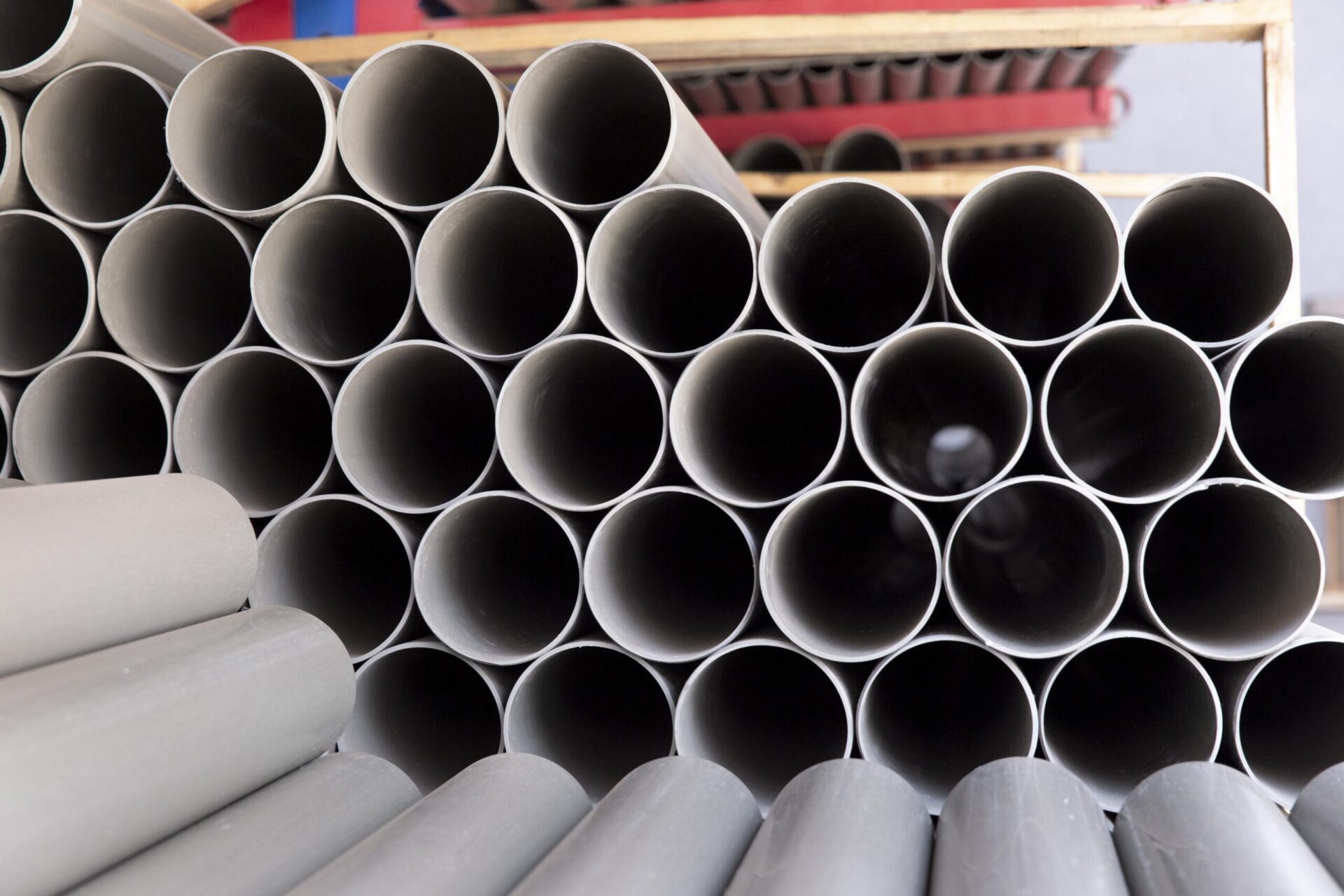Polypropylene Random Copolymer (PPR) pipes have gained immense popularity in recent years, thanks to their remarkable durability, versatility, and ease of installation. These pipes have found a wide range of applications in various industries and households alike. In this blog post, we will delve into the main uses of PPR Pipes and Fittings and highlight their numerous benefits.
Plumbing Systems
One of the primary uses of PPR pipes is in plumbing systems. These pipes are widely employed for both residential and commercial plumbing applications. Their smooth interior surface ensures efficient water flow, and they are resistant to corrosion and chemical reactions. PPR pipes are also known for their long service life, making them an ideal choice for water supply systems.
Heating Systems
PPR pipes are often utilized in heating systems, including underfloor heating and radiator connections. Their ability to withstand high temperatures and maintain their structural integrity makes them suitable for carrying hot water and heating fluids. Moreover, PPR pipes have low heat conductivity, ensuring minimal heat loss in heating systems.
Chemical and Industrial Applications
In industrial settings, PPR pipes are favored for conveying a wide range of chemicals and fluids. Their resistance to corrosion and chemical reactions makes them a reliable choice for transporting acids, alkalis, and other aggressive substances. Industries such as chemical manufacturing, pharmaceuticals, and food processing frequently use PPR pipes to ensure the safe and efficient transport of various liquids.
Air Compressor Systems
PPR pipes are also employed in air compressor systems for the distribution of compressed air. These pipes are highly durable and can withstand the pressure and vibrations associated with air compressor operations. Their smooth inner surface reduces friction and ensures a consistent flow of compressed air, contributing to the efficiency of the system.
Agriculture
Agriculture is another sector where PPR pipes find significant use. These pipes are used for irrigation purposes, helping farmers distribute water to their crops efficiently. PPR pipes are resistant to UV radiation and can withstand exposure to harsh weather conditions, making them a reliable choice for agricultural applications.
Rainwater Harvesting Systems
With the growing emphasis on sustainability and eco-friendliness, rainwater harvesting systems have gained popularity. PPR pipes are used in such systems to collect and transport rainwater from rooftops to storage tanks. Their durability and resistance to environmental factors make them a suitable choice for this purpose.
Benefits of Using PPR Pipes
Now that we have explored the main uses of PPR pipes, let’s take a closer look at the benefits they offer:
Durability:
PPR pipes have a long service life, often exceeding 50 years. Their resistance to corrosion and chemical reactions ensures that they remain in good condition over time.
Easy Installation:
PPR pipes are lightweight and easy to handle, making them simple to install. They can be joined using heat fusion, eliminating the need for additional adhesives or solvents.
Low Maintenance:
Once installed, PPR pipes require minimal maintenance. Their smooth interior surface prevents the buildup of deposits, ensuring consistent water flow.
Cost-Effective:
While the initial cost of PPR pipes may be slightly higher than some other materials, their long lifespan and low maintenance requirements make them a cost-effective choice in the long run.
Environmental Friendliness:
PPR pipes are recyclable and do not release harmful substances into the environment. Their use in rainwater harvesting systems and other eco-friendly applications aligns with sustainability goals.
Conclusion
PPR pipes have established themselves as a versatile and reliable choice for a wide range of applications. From plumbing systems to industrial processes and agricultural uses, these pipes offer durability, ease of installation, and a host of other benefits. As technology and engineering continue to advance, PPR pipes are likely to play an increasingly prominent role in ensuring efficient and sustainable transportation of fluids and gases. Whether you’re a homeowner, a farmer, or an industrialist, PPR pipes are worth considering for your next piping project.






